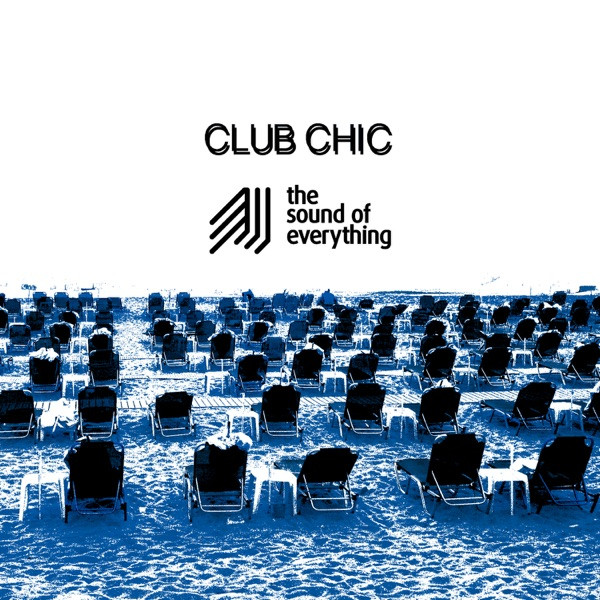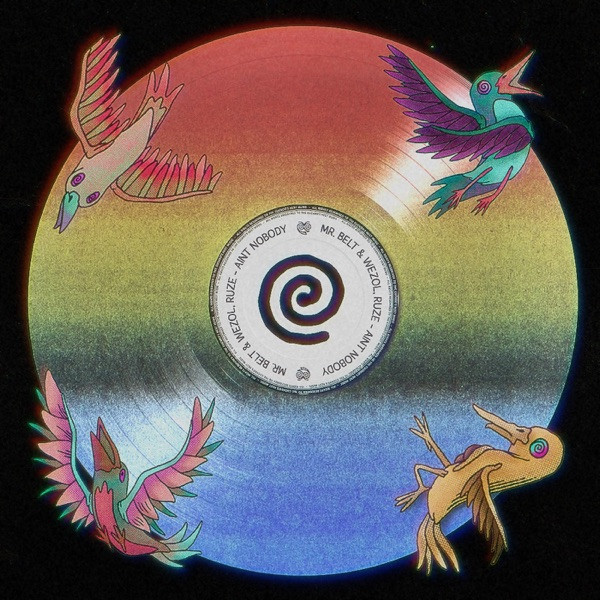
The pop star reflects on the personal fallout from her most controversial era.
At 32, Miley Cyrus is no stranger to reinvention — but in a deeply personal and candid appearance on the Reclaiming with Monica Lewinsky podcast, the singer takes a step back to revisit the year that both catapulted her career and nearly unraveled her personal life: 2013.
“It was a time of immense pressure and shame,” Miley recalls. That was the year she released Bangerz, the album that formally shattered the image of the former Disney sweetheart, Hannah Montana. With tracks like “Wrecking Ball” and a headline-grabbing VMAs performance alongside Robin Thicke, Cyrus became a symbol of pop provocation — bold, controversial, and unapologetically sexual.
But behind the spectacle, there was pain.
“My siblings were embarrassed,” she admits. “There was a period when they didn’t even want to go to school because they were related to me.”
She remembers one conversation in particular with her brother that left a mark:
“He told me, ‘I’m not judging you, but can you understand how hard it is to show up to school every day when you’re my sister?’”
Miley, who is the second youngest of six siblings — Brandi (38), Trace (36), Christopher (33), Braison (31), and Noah (25) — acknowledges that she was a “difficult little sister” and that her choices impacted the family in ways she hadn’t fully understood at the time.
“I lost everything personal because of what I gained professionally,” she reflects. “Nobody wanted to date me. No one wanted to be with someone whose sexual expression wasn’t just theirs, but shared with the entire world.”
That disconnection extended to her home life as well. “It was really hard to walk back into my house, look my dad in the eye, and not feel deep shame.”
Her appearance on the podcast is a rare window into the complex emotional terrain behind one of pop’s most scrutinized transformations. It’s also a poignant reminder: behind every public persona is a private story — one that often includes fractured relationships, unspoken grief, and the long, quiet work of rebuilding.







